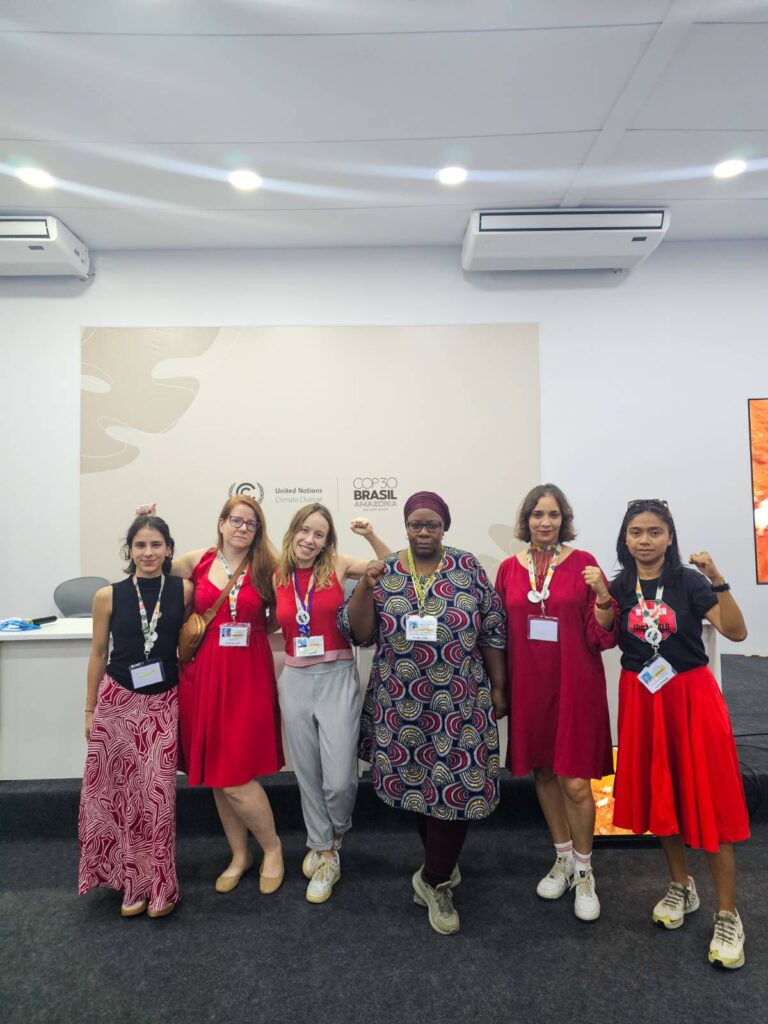
Women cooperative preserving the Kinyara forest through bee farming and sustainable agriculture
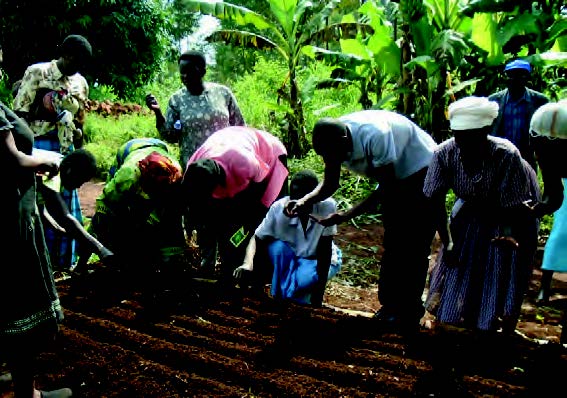
Description of the project:
The Budongo women bee cooperative generates income for 200 rural women affected by HIV living in the sugarcane area of Kinyara. The project develops organic honey production and sustainable agriculture as an alternative to sugarcane monoculture that deplete forests. Since 2012 the cooperative has produced over 1 ton of honey, trained more than 100 women and men in sustainable agriculture and modern bee farming practices, saved more than 15,000 ha of forest from monoculture encroachment, created jobs for over 50 women locally and in district authorities. The project is conducted in cooperation with the National Forest Authority.
Climate Impact:
The project’s sustainable land and forest management has preserved 15000 ha of forest from depletion, and improved carbon sequestration through the plantation of 5000 indigenous trees. Additionally,the cooperative has developped energy saving cookstoves (2000 pieces locally contructed) which significantly reduces CO2 emissions. Enabling improved food production among the farmers provides a sustainable alternative to the dominant sugarcane monocultures in the Kinyara forest.
Gender Impact:
Safeplan Uganda and Budongo cooperative have empowered over 400 women affected by HIV in 4 sub-districts, sharing skills on energy saving and sustainable agriculture. 80 women have received training on sustainable bee-farming and started sustainable honey production generating revenues of up to $400 yearly. Women, men and youths have worked together to support rural women’s empowerment through participatory approach.
Scalability /replicability:
The project is scalable to other areas because the Bee Enterprise supports its members with inputs at a lower cost than the operational and production costs. The lead agency Safeplan Uganda assists women and communitiy leaders in re-organizing groups into self-management structures. All project partners also provide technical support with equipment and capacity building for staff or group leaders.
read the latest from our network
We work across regions and movements in deep solidarity. Together, we’re building collective advocacy to global problems.

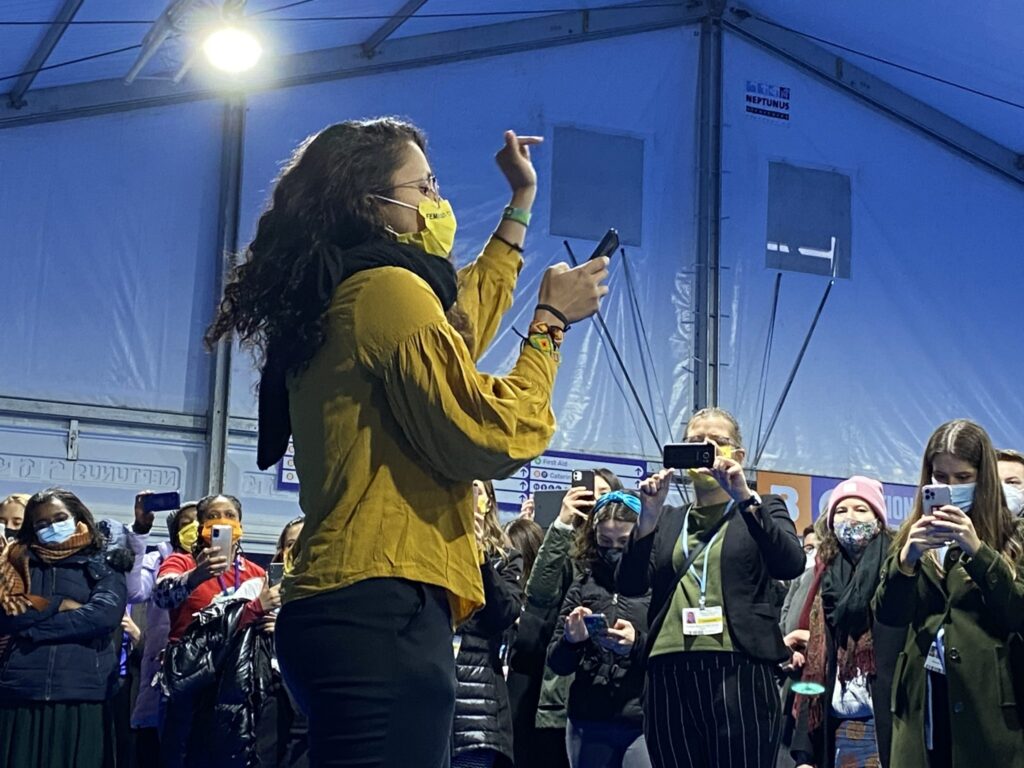
Gender Just Climate Action requires truth
12/11/2025
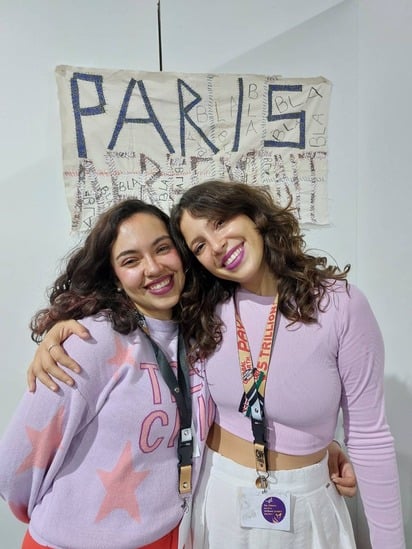
Nov 11 Action Alert: Gender Justice Day
10/11/2025

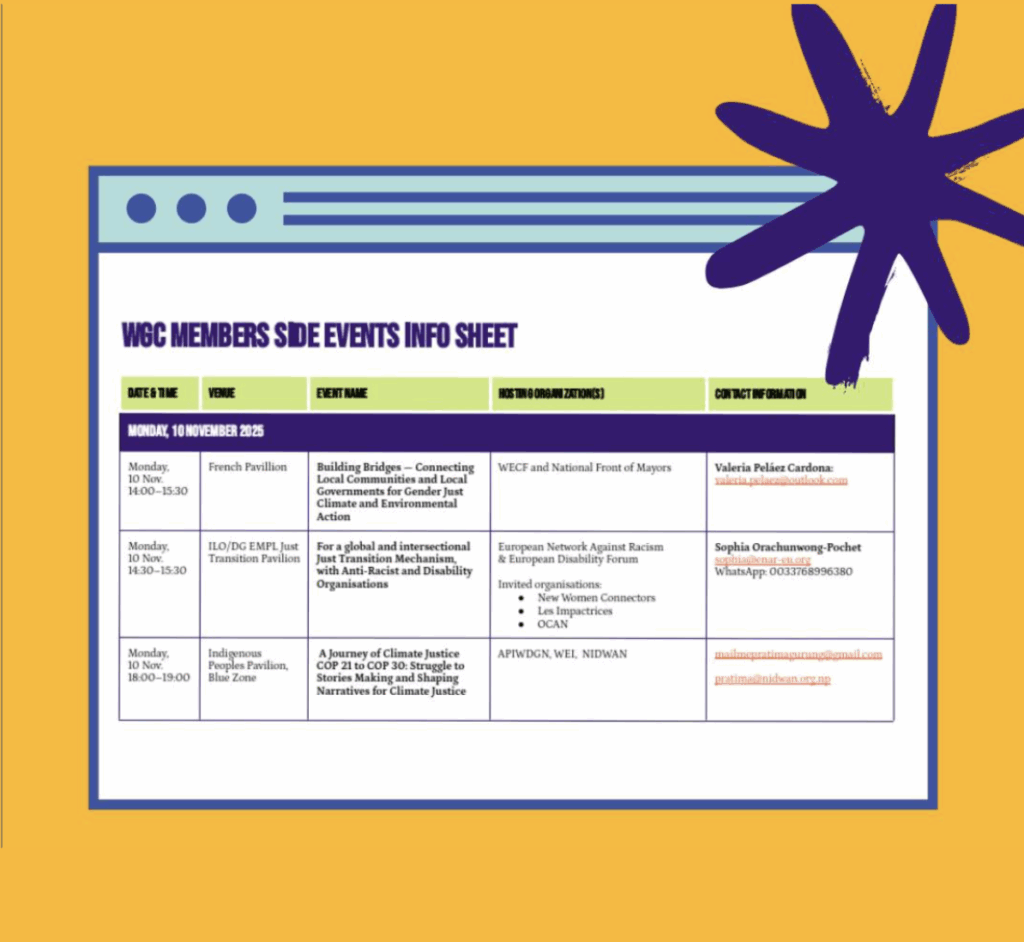
WGC Members Side Event Schedule for COP30
09/11/2025
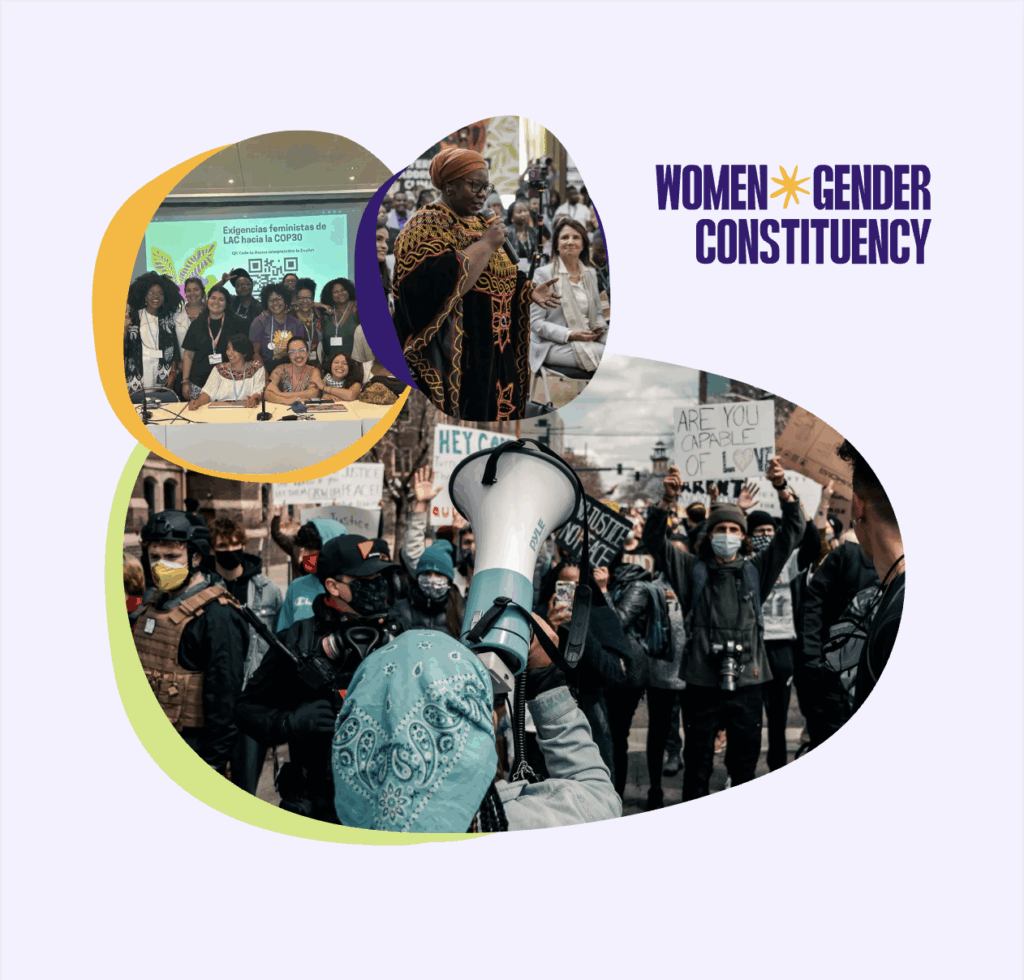
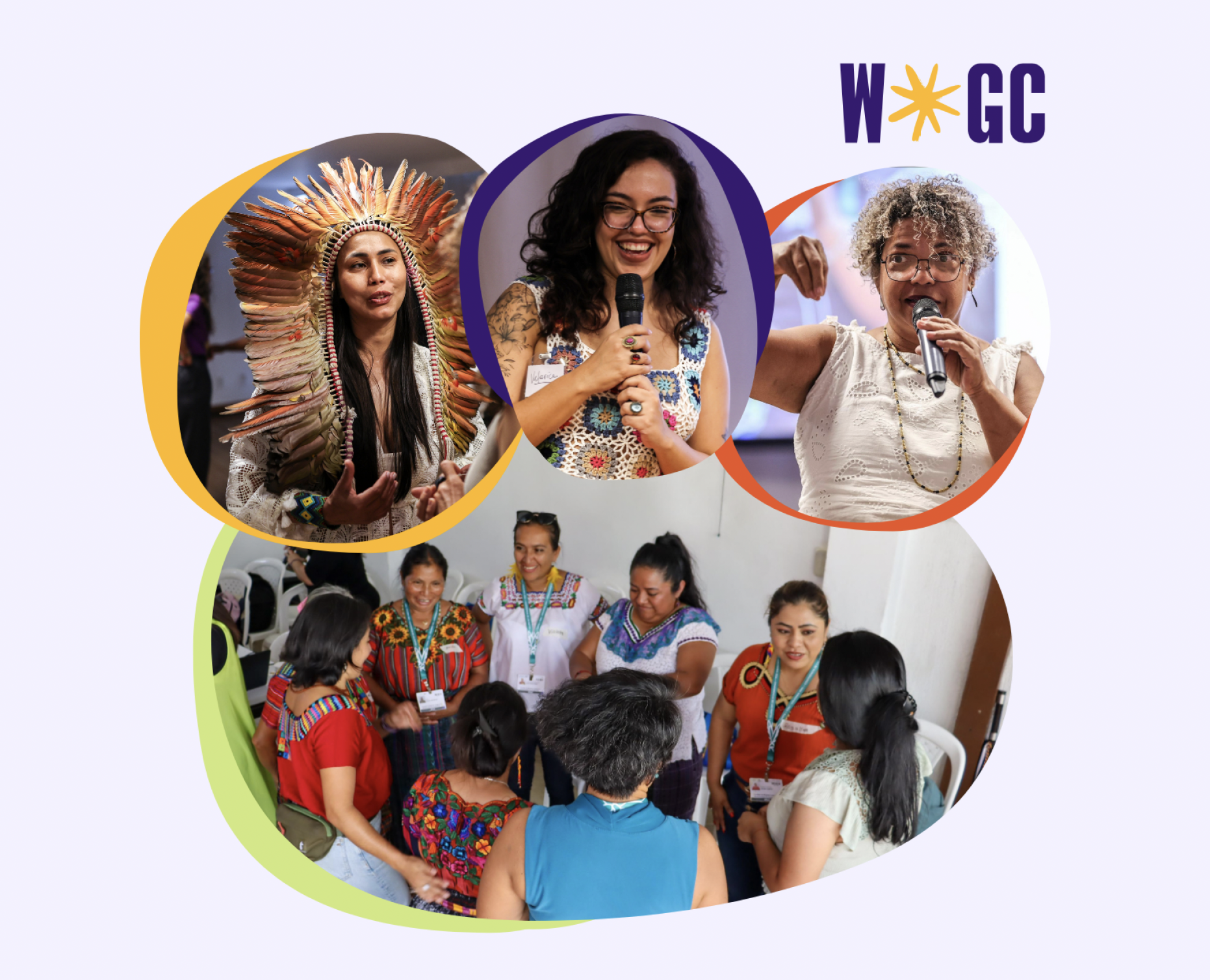

COP30 Media Training
06/11/2025
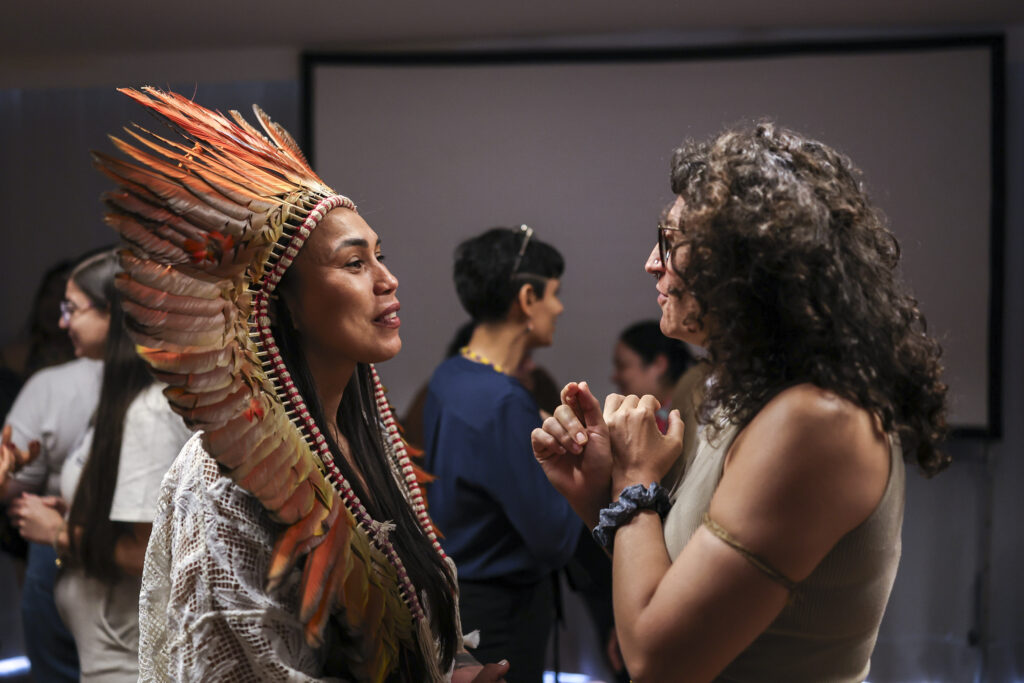
Feminists Gather in Brasília Ahead of COP30
05/11/2025
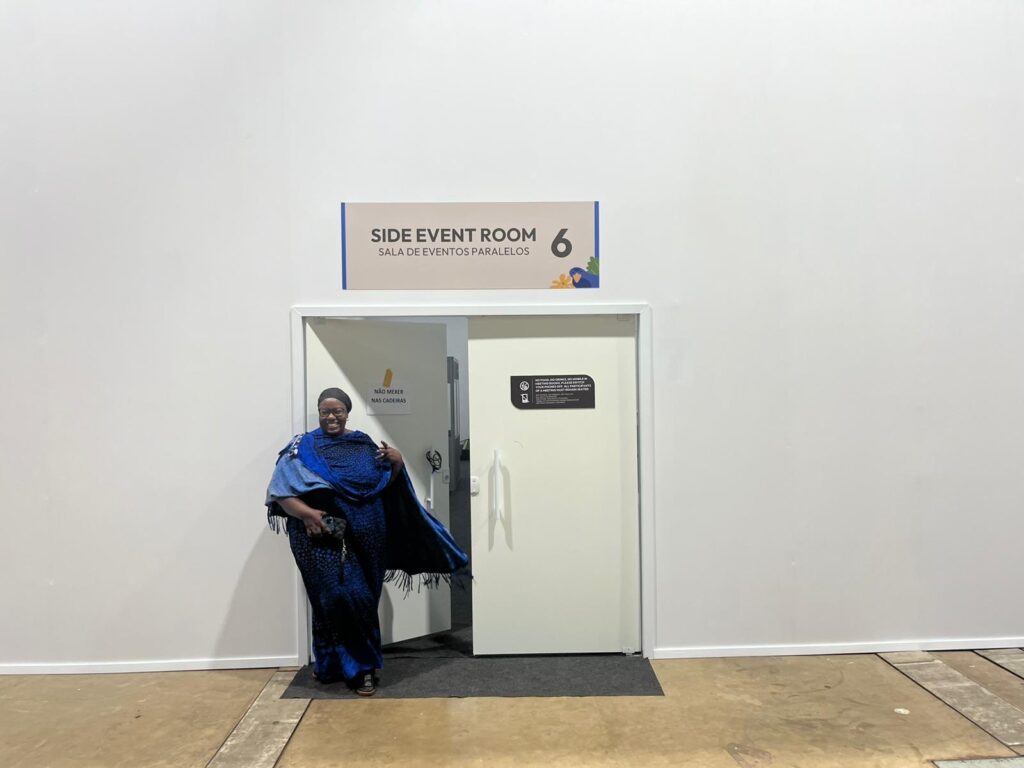
WGC COP30 Daily Morning Meetings
05/11/2025
